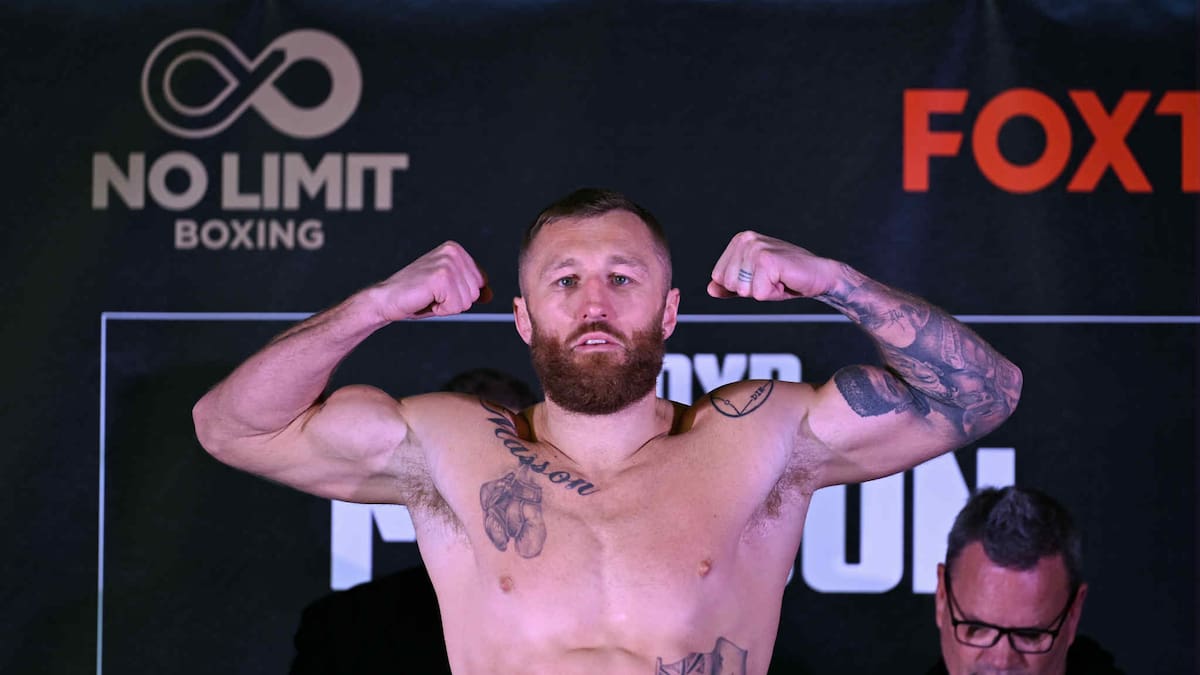When her contract expired in January, Netball New Zealand opened the head coach role to applicants, consulting Taurua during the process.
After reapplying and interviewing, the 56-year-old was re-signed on a two-year deal in April, with an eye towards the 2027 tournament in Sydney. The new contract allows for adjustments if needed.
Reflecting on the past year, Taurua told the Herald she was grateful for the chance to demonstrate resilience in the face of adversity.
“I love the opportunities to look at those new ways by learning from other sports, by doing professional development, which I did over the year.
“But also being open myself to learn new ways and definitely with this current generation of players that I have, it definitely has changed as to how we operate out on court from the years that I’ve been involved with netball over the last 21 years.”
However, those signs of personal and team development weren’t immediately evident, as New Zealand lost the Taini Jamison series on home soil in September and October – a trophy they had lifted three times in five years.
Taurua explained how this was “hard” to take given they couldn’t execute their style of play during that time. But it took the experienced coach less than a month to orchestrate a remarkable turnaround.

In their final campaign of the season, the Silver Ferns triumphed over Australia three times in a row to clinch the Constellation Cup for just the third time in 13 years.
Using the aforementioned disappointment as ammunition, Taurua acknowledged how “time is a commodity” and believes this is what helped turn their performance around.
The Silver Ferns had a longer pre-Constellation Cup camp – during which plenty of conversations were had that involved “home truths”.
On the court, they had more time to learn systems and connections between the units.
“[The time was] really about players knowing that they have each other’s back. It’s the intangible actions, behaviours and qualities that sort of cement a team that helps them move forward that [gets] them past that level of vulnerability.
“The messages are usually around ensuring that there’s accountability within the team from individuals. I feel we’re able to get through a deeper connection through the discussions that we had in our team meetings.”
Taurua told the Herald this comeback was her main highlight of 2024.
″What stuck out to me has been the quality of the performance, especially in the Constellation Cup.
“We sort of got ourselves to that place of playing with freedom, being ruthless with our behaviours, but that real connection of being there and playing for each other.”
Taurua said she’s “very excited” by the new crop of players that are coming through especially when looking forward to 2026-2027.
“[We’ve] got a lot of experts who are very confident in how they play the game but the balance between that and some of the players that are just starting to find their feet in the international arena that we’ve been working with over the last two or three years, are starting to really consolidate their games.
Taurua revealed one player in particular who stood out to her this year.
“I’ve been really rapt with [Kimiora Poi] because, I suppose, her journey up to this stage.

The 27-year-old hadn’t played for the Silver Ferns since 2021.
“She’s gone away, went on with what she needed to, but she’s just matured and grown into a great person both on and off the court,” Taurua said.
“What she was able to do [to] get herself into Constellation Cup playing at wing-attack … I’m really excited by what she’s been able to do and just to watch her play.
Looking forward to 2025, Taurua is confident with the progression they have made, explaining how they are ahead of targets and data that were built for 2024.
“It’s been a long burn, but we’re starting to get some really good relationships forming and really clear alignment on priorities and how we can just work for each other.
“Targets around our court strategies, what we play, our set pieces. It’s our skill sets around the clear metrics that we target and if we [hit] the targets, we know that we’ll win the game.
“We’ve also seen target shifts for individuals as well around where individual programmes are. So, we know through our data and our numbering that we are improving, but we also know where our forecasts are and our ability to be able to hit that over next year.
“That’s a massive shift.
“When I pack all that together and the work that I know we need to do, I’m confident in our position and that we can keep the momentum going into 2025 and actually take another level up.”
Bonnie Jansen is a multimedia journalist in the NZME sports team. She’s a football commentator and co-host of the Football Fever podcast, and was part of the Te Rito cadetship scheme before becoming a fulltime journalist.




